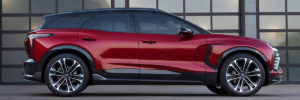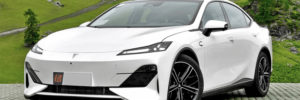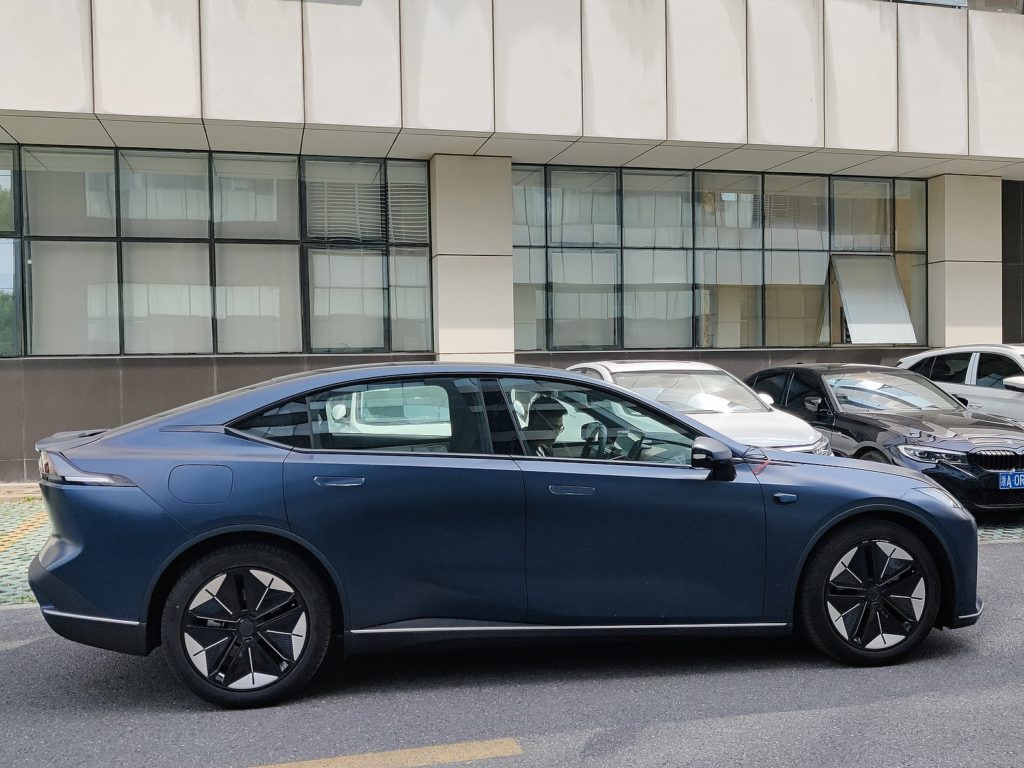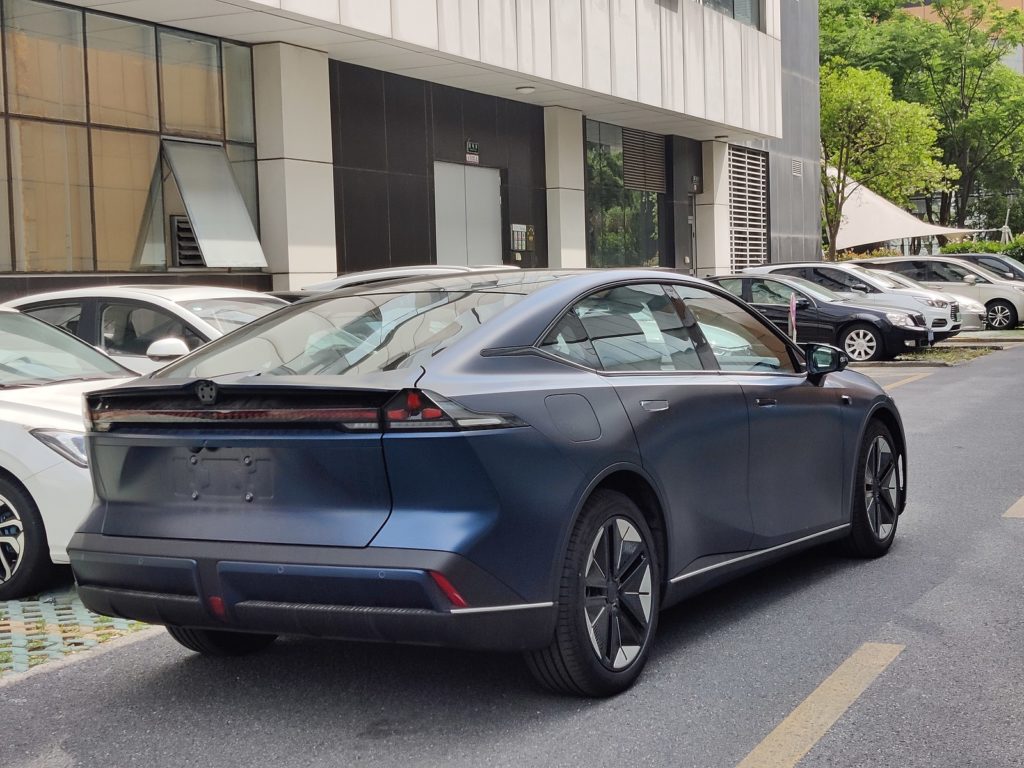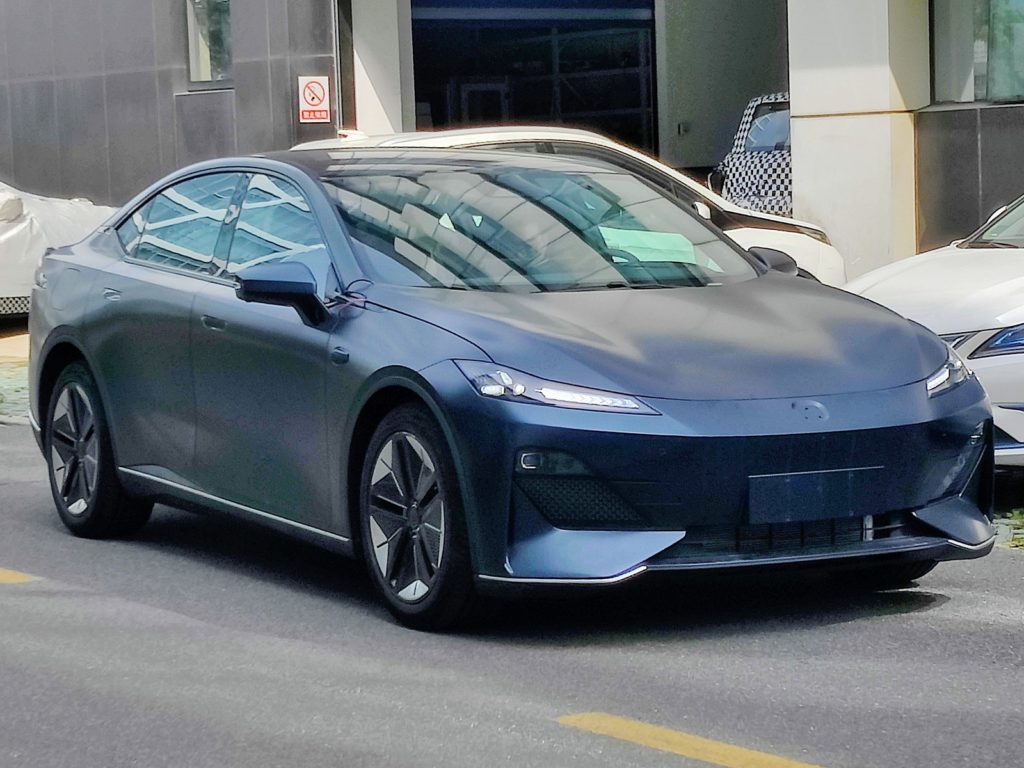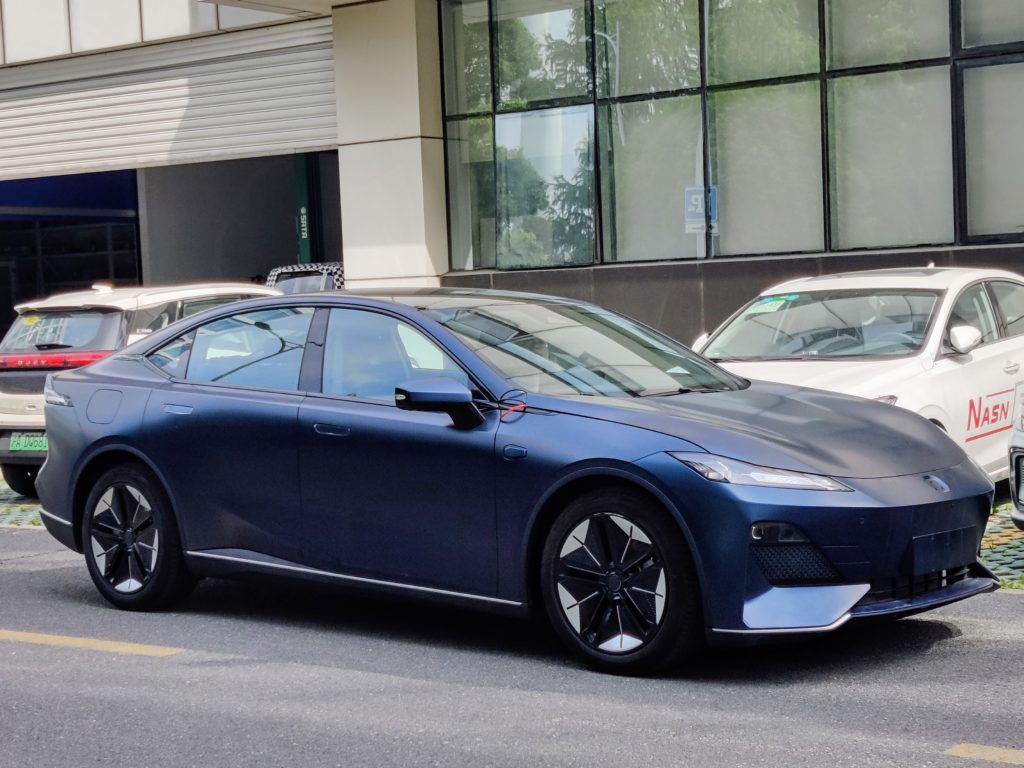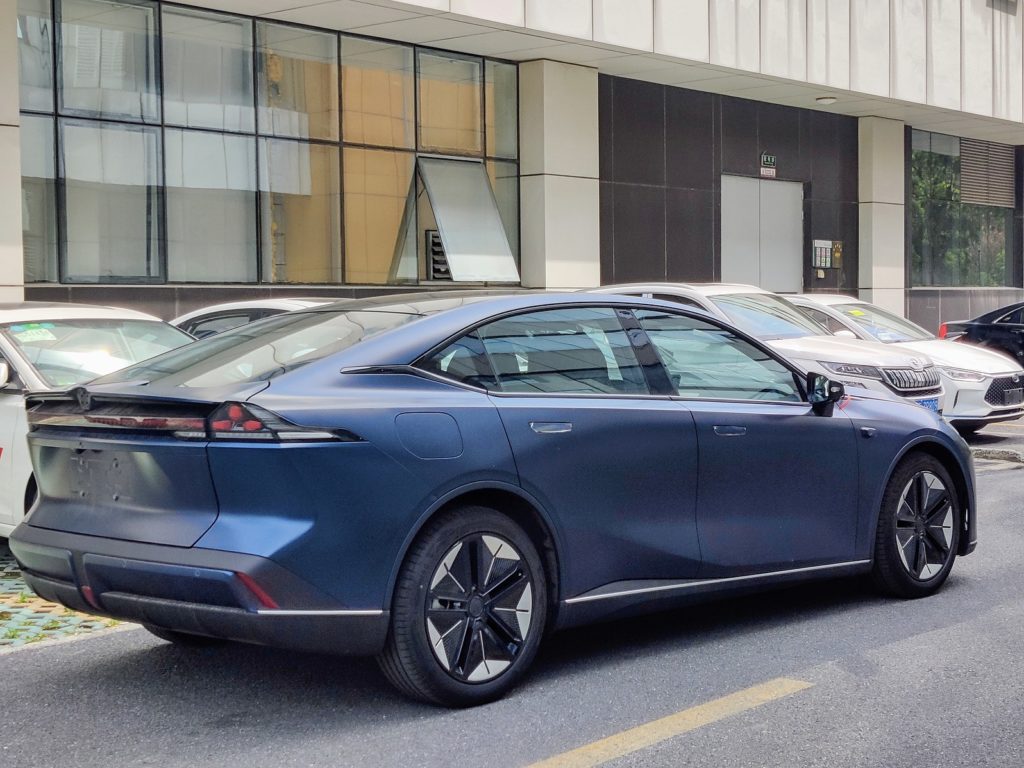The recently-passed Bipartisan Infrastructure Law (BIL) created a new agency, the Joint Office of Energy and Transportation. Now the Departments of Energy and Transportation have announced that Gabe Klein will be the agency’s first Executive Director.
The Joint Office will provide technical assistance and other support to state and local governments as they roll out the charging infrastructure financed by the BIL and other federal programs. Mr. Klein will oversee the investment of $7.5 billion in federal infrastructure funding, with a focus on increasing access to charging in rural and disadvantaged communities.
Mr. Klein’s former positions include Commissioner of the Chicago Department of Transportation and Director of the Washington DC Department of Transportation. He owns an electric car and an electric bike, both of which he charges with solar energy.
“I will seize the opportunity to steward a critical shift in our transportation economy from fossil fuels to clean, electric energy systems, as there has never been a more important mission in our recent history than solving the climate crisis,” said Klein. “Our task to bring together private and public investments to support the deployment of 500,000 electric vehicle chargers nationwide is a major step toward…investment in American jobs and equitable access to affordable transportation.”
Since its launch in late 2021, the Joint Office of Energy and Transportation has provided technical assistance to states and territories to support the development of their EV Infrastructure Deployment Plans; established an EV Working Group to enable EV manufacturers, labor organizations, public utilities, governments, the trucking industry and other transportation groups to make recommendations to the Joint Office regarding EV development; and collaborated with the Federal Highway Administration to develop standards and requirements for infrastructure projects.
Source: Electric Vehicles Magazine


